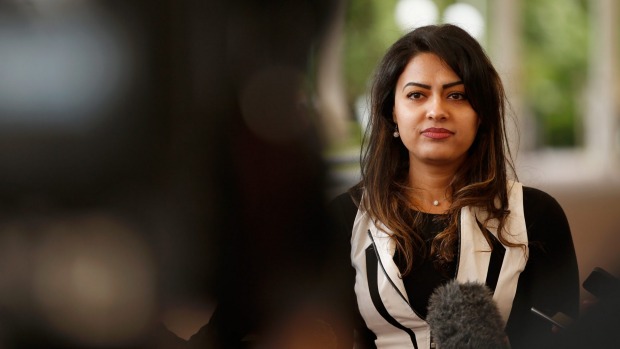
Bullying is affecting patient safety, ruining doctors’ careers and impacting their mental health, health practitioners have said ahead of a summit to combat bullying, discrimination and harassment in the medical profession.
Held on Saturday, the day-long Australian Medical Association conference had about 100 participants, including junior and senior doctors, hospital chief executives, delegates from the specialist colleges and from the Victorian Health Department.
AMA Victorian President Anthony Bartone said the summit would confront a serious problem facing the medical profession.
He said the conference would seek to provide ways to deal with the issue, including “clear and safe” complaint mechanisms.
“We know it is about changing culture. The problem is endemic within the whole profession and the whole profession needs to be part of that solution,” Dr Bartone said.
“It is about creating a safe and supported environment where every doctor can practice to his or her best.”

However, he said the medical fraternity did not need an independent inquiry into the issue.
Dr Bartone said no one was immune from bullying, but junior staff were often more vulnerable.
GP and medical health advocate Sally Cockburn said the bullying could have had a “flow-on effect” to patient care in some situations.

“If you are a trainee who is being bullied and you are not coping with it, there is a chance that it could flow on, and that’s what we absolutely need to stop,” Dr Cockburn said.
The summit comes after reports emerged that bullying and harassment was rife within the medical profession.
In March, senior surgeon Gabrielle McMullin, caused an uproar when she advised surgical trainees to stay silent about sexual assaults or risk losing their careers.
Sue Abhary, 35, who started working as a doctor in 2005 in a public hospital, said repeated incidents of bullying forced her to quit the profession in 2014.
However, she decided to return and train in medical administration with a view to helping improve the system.
Dr Abhary said the bullying existed in both the private and public sector.
“It is a heartbreaking rampant problem,” she said.
“What everybody needs to understand is it is not just one responsible employer, it is the hospitals, the colleges, the medical supervisors.
“So it is a multi-system extremely complicated problem and it requires strategies that we are going to come up with today and then needs to be implemented.”
“It is not just the victims that are involved, it is the patient that are involved.”
Currently a registrar at a private hospital, Dr Abhary said she experienced verbal and sexual harassment, as well as racism and discrimination in her career.
“What’s interesting in my situation was it took a patient …to witness the bullying [and] to make a complaint, because I didn’t feel safe about making any complaints.
Victoria Health Minister Jill Hennessy said it was important to “start to breakdown” some of the culture that made it “really hard” for younger doctors and surgeons to make complaints.
“I think it is really important that doctors and leading clinicians get a collective view of what are the standards that they are not prepared to walk by, ” Ms Hennessy said.
“We need a zero tolerance approach.”
Recommendations from the summit will be made public in the coming months.
